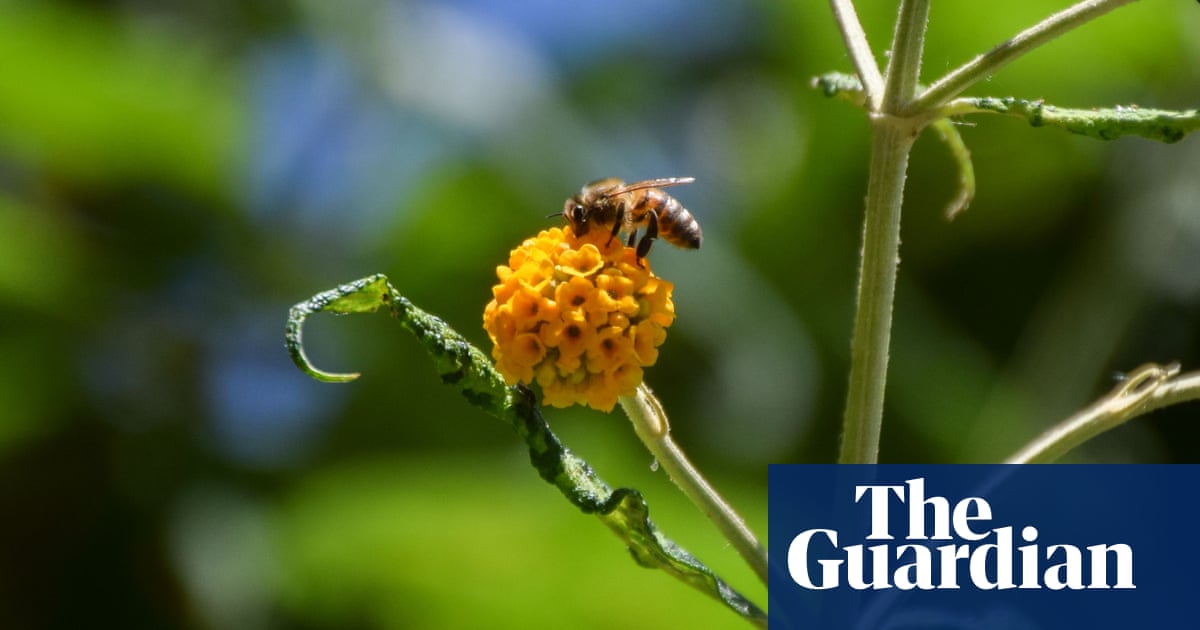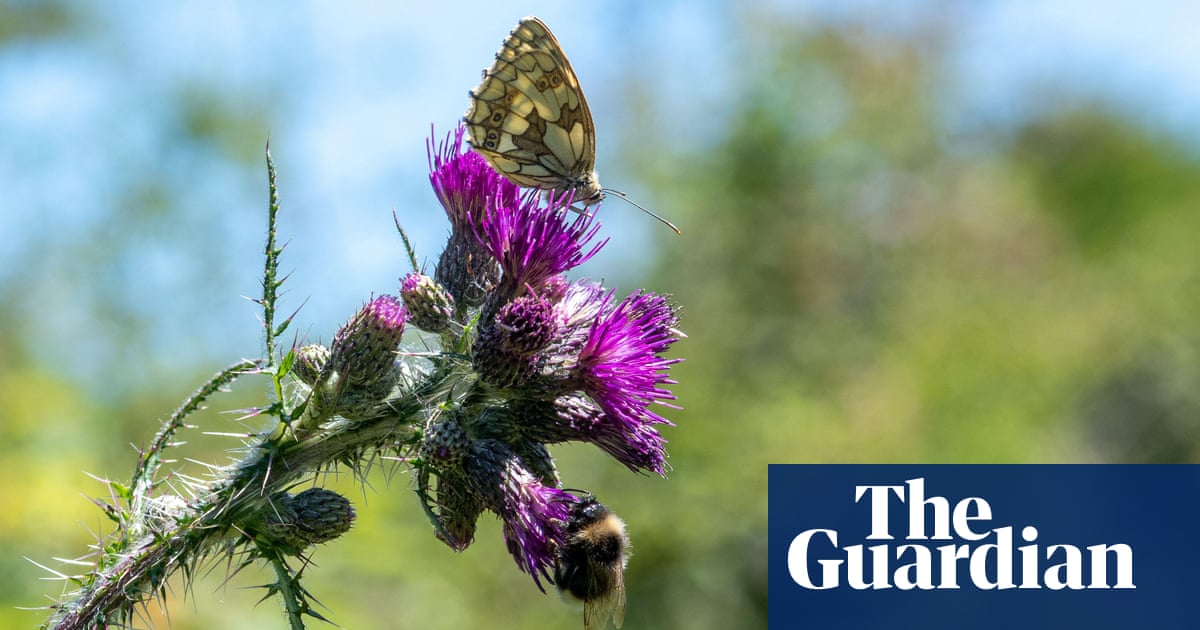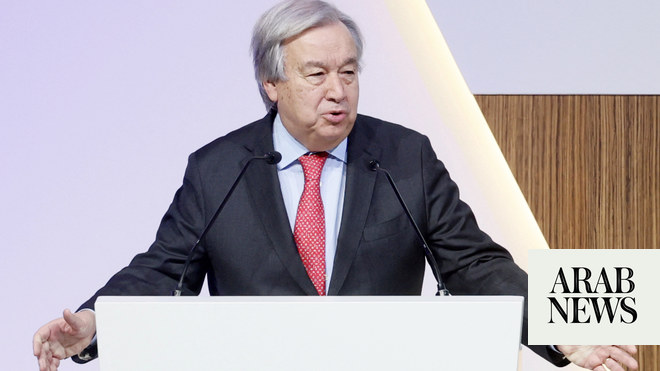
EU plans to restore biodiversity on land and sea are hanging in the balance after the European parliament’s biggest political group called for the proposals to be torn up and rewritten.
On the eve of a vote on the nature restoration law (NRL) package, the chairman of the centre-right European People’s party (EPP) said the vote was “50-50” with potential for others to join their opposition ranks on Thursday.
On Wednesday evening the chair of the environment committee, Pascal Canfin, urged members to vote for the act accusing the EPP of “fake news” over food production.
“Our food security depends on protecting nature from collapsing. Yet, the right and the far right are joining forces against the nature restoration law that we’re voting on Thursday. My answers to their fake news,” he said.
The proposals are aimed at protecting all endangered ecosystems ranging from rivers and seas to peat bogs and indigenous forests by 2050 through legally binding targets.
The UN environment chief Inger Andersen urged MEPs to show leadership for future generations ahead of the vote and deliver on the promises the union made at Cop15 just 6 months ago. She condemned those that had turned restoring biodiversity into a culture war issue.
EPP chairman Manfred Weber said his group of MPs supported goals on climate change but said the NRL was “a bad proposal”, which would reduce food production on the continent.
“The overwhelming majority of farmers don’t need any lesson about sustainability, they got their farms from previous generations so they know what sustainability means,” he said.
Irish Green party MEP Ciarán Cuffe, who is stewarding parallel proposals on renovation of energy inefficient buildings through parliament, said he worried about a potential deeper EPP resistance on climate emergency measures.
“I’m concerned that the EPP’s commitment to climate and biodiversity is lukewarm. We have been told they have a kill list of laws they don’t want to see passed. The climate and biodiversity crises have not gone away and if anything we need to step up efforts in the face of foreseen newspaper headlines about extreme temperatures and warming,” he said.
While Weber claimed the proposals would harm Europe’s food production by sequestering land for rewilding and other projects, Cuffe said the 12-volume, 5,689-page impact assessment put the economic benefits of restoring nature at €180bn (£154bn) compared with the cost of the measures which have been put at €154bn.
The World Wildlife Fund has also argued, along with the Greens, that increasing biodiversity including bees and other pollinators actually improves food production.
German MEP Peter Liese, the environment spokesperson for the EPP, said on Wednesday the votes were now split 42:42 of the 84 strong committee with EPP representing 22 of those.
“We have four undecided votes, it will be very tight,” he said.
He said one of the main concerns is that the European commission has not set in stone of definition of “degraded” land or rivers.
Under its present guise, it could require 25,000 kilometres of European rivers to be restored to wilderness, he said, impacting the development and existing hydro-electric plants.
“The problem with the impact assessment report is that it was written before the outbreak of war,” said Liese.
On Monday, CEOs from 50 companies including Ikea, Nestle and H&M published an open letter voicing their support for the law, warning protecting nature was key to a well-functioning economy.
Andersen, the executive director of the UN environment programme, told the Guardian it was critical that the EU delivered on the promises it had made to the world on nature.
“Talk is easy. You have to follow through. I think if if the EU does not follow through with the targets that it has in the nature restoration law, it sends a detrimental signal to the global commitment to protect biodiversity and to the tears that we shared that night at 4am in Montreal. It would negate it all.
“There’s a real to do item here: for those folks that sit in the EU parliament to do the right thing by the next generation,” she said. “How can nature become a culture wars issue? To me, it is absurd. Nature is what feeds us and sustains us. It’s everything.”
Last month, EU environment commissioner Virginijus Sinkevičius warned abandoning the law would send “a dangerous, negative signal to the world”. Alongside separate proposals to reduce pesticide use and climate laws, the NRL is part of the European Green Deal.
Weber told reporters in Strasbourg: “We will not achieve our climate change goals, our goals on biodiversity [if we go] against the rural areas,” he said.
Under the proposals, 88 MEPs on the committee leading the passage of the act, will be asked to vote on a version of the European Commission’s proposed laws which has been slightly watered down to try to secure the agreement of the European parliament.
They will be asked to support measures to “put in place, without delay, effective and area-based restoration measures which shall collectively cover, by 2030, at least 30% of the union’s land, freshwater and sea areas in need of restoration”.
But Weber indicated his group would not be budging.
“We have a lot of concerns which cannot be fixed with this concrete proposal. That’s why we asked for a restart, for a new proposal from the European Commission.”
The EPP has already walked out of negotiations on the NRL and is hoping others will join them in opposition to the legislation during the vote on Thursday.












